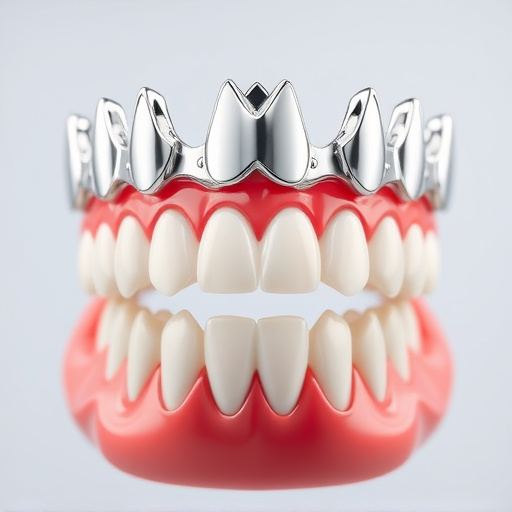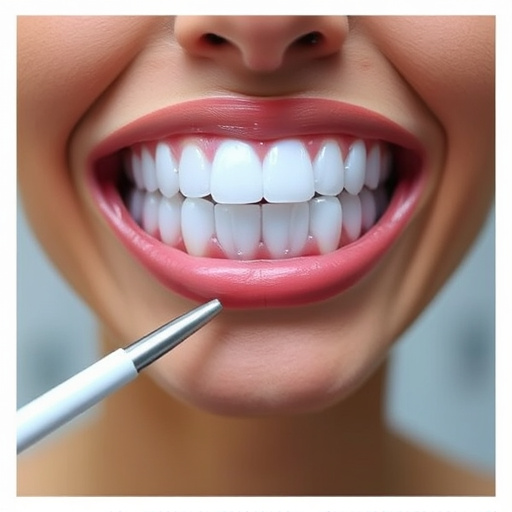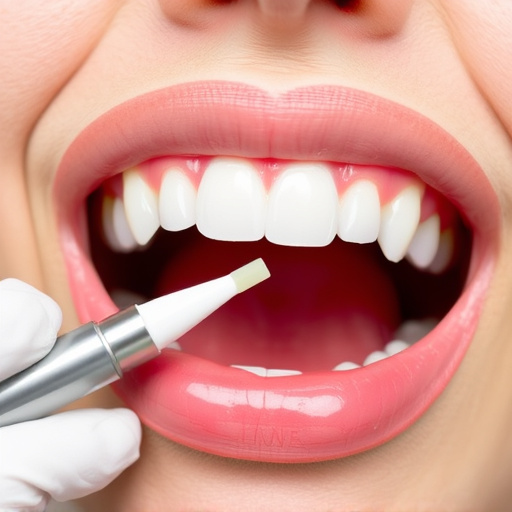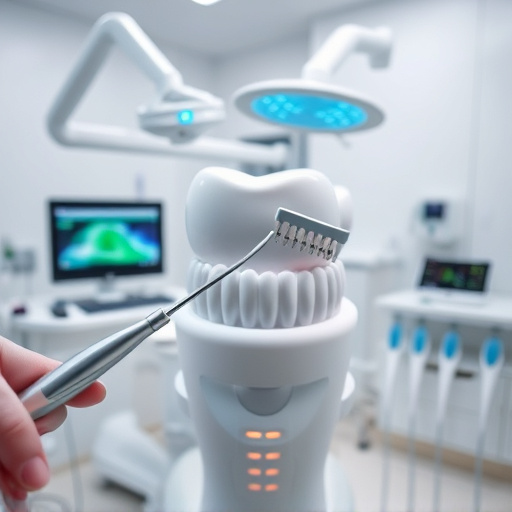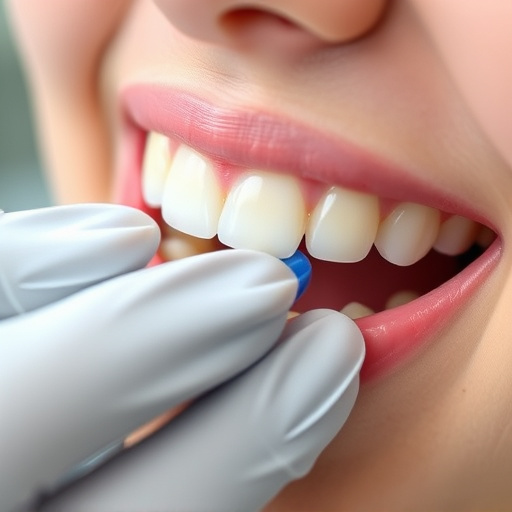Oral health assessments are vital for understanding the strong link between dental well-being and overall systemic health. Research shows that periodontal diseases, caused by poor oral hygiene, are linked to conditions like cardiovascular disease, diabetes, and respiratory problems. Oral health also impacts psychological well-being, especially in children. Integrating oral health discussions into broader healthcare encourages individuals to recognize this profound connection, even when considering procedures like tooth extractions. An oral health assessment is a crucial component of holistic health discussions, as dental issues can indicate or contribute to chronic systemic conditions.
Oral health assessment is more than just checking teeth; it’s a gateway to understanding systemic health. This comprehensive guide explores the profound connection between oral and overall well-being, highlighting how dental issues can mirror and even trigger systemic diseases. We delve into what constitutes a thorough oral health assessment and emphasize early detection as a cornerstone of holistic healthcare. By integrating oral health discussions, healthcare professionals can empower individuals to take charge of their health, fostering a symphony of wellness that resonates from the mouth to the rest of the body.
- The Link Between Oral Health and Overall Well-being
- – Exploring the connection between oral health and systemic diseases
- – Discussing how dental issues can impact overall health and vice versa
The Link Between Oral Health and Overall Well-being

Oral health is intricately linked to overall well-being, highlighting the importance of oral health assessments as a foundation for holistic health discussions. Beyond addressing dental issues, maintaining good oral hygiene impacts various aspects of life. For instance, research suggests that periodontal diseases, often associated with poor oral health, are connected to systemic conditions such as cardiovascular disease, diabetes, and respiratory problems.
Moreover, oral health plays a significant role in psychological well-being, especially for children’s dentistry patients. Issues like tooth decay or misalignments, such as those corrected through clear aligners, can affect self-esteem and social interactions. By integrating oral health discussions into broader healthcare conversations, professionals can empower individuals to recognize the connection between a healthy smile and their overall quality of life, even when considering procedures like tooth extractions.
– Exploring the connection between oral health and systemic diseases

Oral health isn’t just about maintaining a beautiful smile; it’s intricately linked to our overall well-being. Exploring this connection reveals that what happens in our mouths can significantly impact our bodies as a whole. Recent research has established correlations between oral health and various systemic diseases, highlighting the importance of an oral health assessment as a key component of holistic health discussions.
For instance, inflammatory conditions in the mouth, such as periodontitis, have been linked to increased risks of cardiovascular disease, diabetes, and even respiratory issues. Conversely, maintaining good oral hygiene through routine oral exams and preventive dentistry, like addressing tooth decay with cosmetic fillings, can contribute to managing these systemic conditions effectively.
– Discussing how dental issues can impact overall health and vice versa
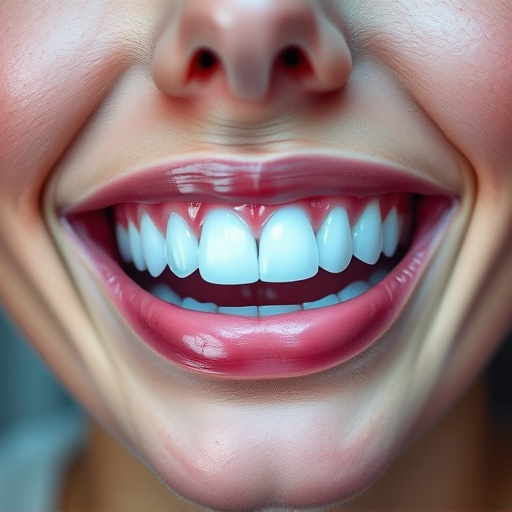
Dental issues don’t exist in isolation; they can significantly impact overall health and vice versa. The mouth acts as a gateway to the rest of the body, with research showing connections between dental problems and systemic conditions like cardiovascular disease, diabetes, and respiratory illnesses. For instance, poor oral hygiene can lead to gum diseases like periodontitis, which has been linked to increased risks of heart attacks and strokes. On the other hand, certain health conditions affect dentition; diabetes, for example, can cause tooth decay and gum disease due to elevated blood sugar levels.
An oral health assessment is a crucial step in recognizing these interconnections. By examining dental health, healthcare professionals gain valuable insights into an individual’s overall well-being, including the presence of chronic diseases or risk factors. Moreover, addressing dental issues early through preventive measures like regular cleanings and appropriate treatments (such as clear aligners or dental fillings for children) can contribute to maintaining holistic health.
Oral health assessment is a key component in understanding the intricate link between dental well-being and overall systemic health. By recognizing the connection between these two domains, healthcare professionals can facilitate more comprehensive and holistic discussions around health maintenance and disease prevention. Integrating oral health considerations into broader wellness strategies is essential for promoting optimal health outcomes.


